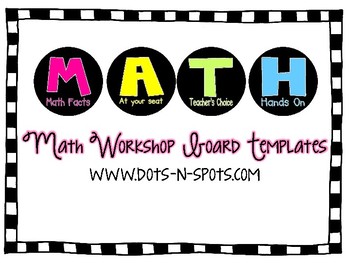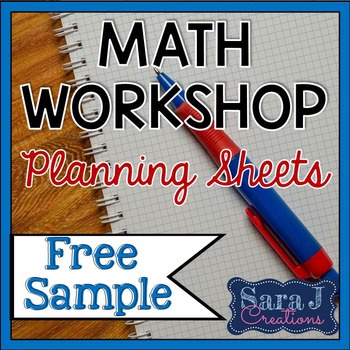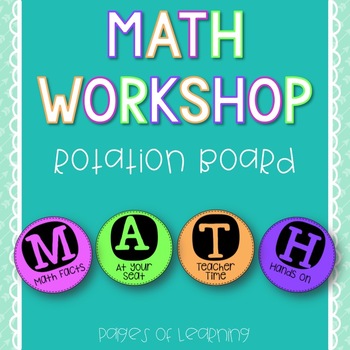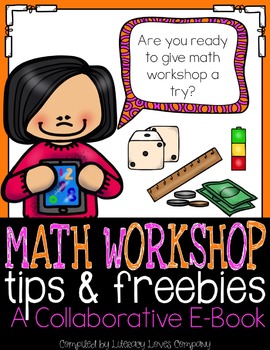I can't wait to see this same progression begin during our math blocks!
What is Math Workshop?
Math Workshop is a FRAMEwork that allows students to interact with new math concepts, practice strategies in a variety of ways, and respond to problem-solving both verbally and in written form.
The components of math workshop are as follows:
- Open-ended problem solving
- Small-Group Instruction
- Student Choice
- Practice Time
- Students doing most of the math.
- Students making choices
- Students enthusiastically talking about their mathematical thinking and reasoning with each other.
- Teachers facilitating, clarifying, connecting, monitoring and collecting data as students solve problems.
- Students working collaboratively
- Teachers allowing students to struggle with challenging mathematics.
- Teachers working with small groups and or individual students.
How do I begin Math Workshop in my classroom?
Beginning math workshop will take some planning. The 3 important things that you will need to consider are your classroom arrangement, routines & procedures and your math community.
- Classroom Arrangement-Where and how will you store your materials? Where will students work?
- Routines & Procedures-How will students know what they are responsible for during math workshop? How will they know when to clean up?
- Math Community-How will students become comfortable talking and taking risks with math? How will students communicate their thinking?
Luckily we are running reading workshop so I have found that mimicking the same arrangement & routines/procedures that you use in reading will help your students hit the ground running.
Check Out Core Inspiration's blogpost about Differentiated Workshop below. I really like the acronym MATH for this workshop model. It will allow you to meet in small groups to reinforce new material, engage in individual practice, accomplish our Istation time, and use manipulatives for hands-on math practice.
Here are some FREEBIES to get you started!







No comments:
Post a Comment